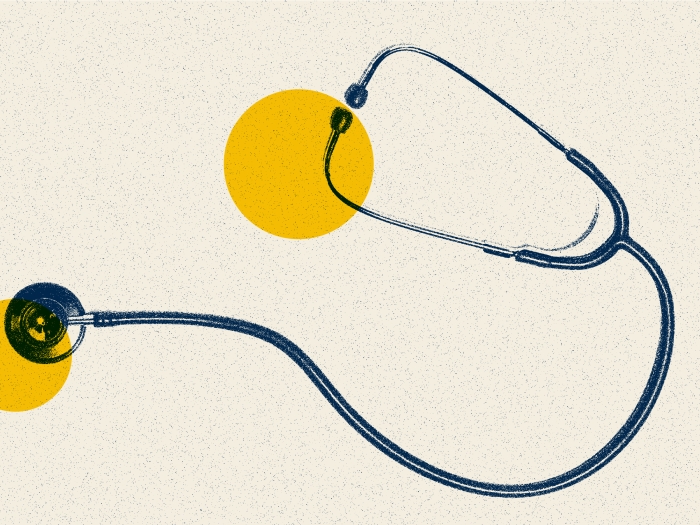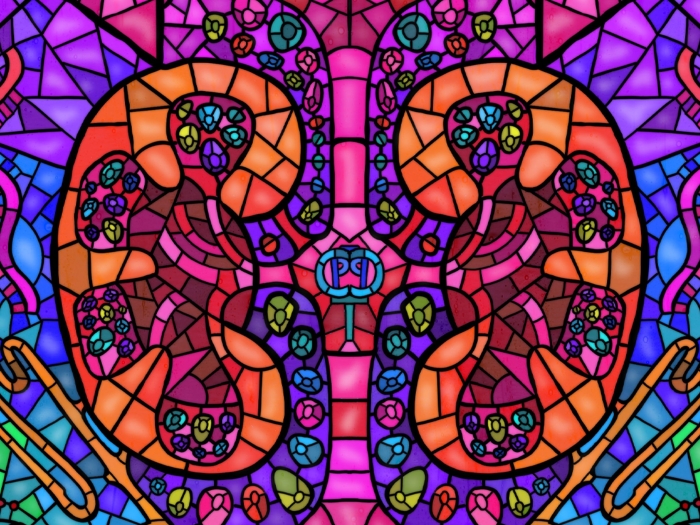Researchers studied over 800 clinical assays of renal cancer with a specific genetic mutation, the largest series of its kind
5:00 AM
Author |

A study from clinicians and researchers at the University of Michigan Rogel Cancer Center, U-M Department of Pathology and the Michigan Center for Translational Pathology reveals findings from over 800 clinical assays performed for kidney patients with MiTF family gene mutations.
The study, published in the American Journal of Clinical Pathology¸ is the largest series of its kind in kidney cancer and carries deep clinical and diagnostics implications.
The team, led by Rohit Mehra, M.D., performed over 800 clinical assays on the MiTF family genes TFE3 and TFEB in renal tumors with morphologic and biomarker alterations considered suspicious for MiTF family genetic mutations.
The findings show that the patients who had renal tumors with TFEB amplification were significantly older than patients with renal tumors housing TFE3 or TFEB translocation.
Further, renal tumors with TFEB amplification, known to be associated with poor prognosis, were seen to be at least three times as common as those with TFEB translocation.
Mehra says these assays are the gold standard for diagnosing MiTF mutated renal cell carcinoma.
“These findings give us a comprehensive picture of the molecular landscape of renal tumors with MiTF family aberrations,” said Mehra.
“Renal cell carcinoma prognosis and personalized therapy can be heavily influenced by renal tumor subtyping, and these FISH assays are crucial towards identifying such genomic aberrations.”
These assays help accurately categorize patients with the MiTF mutation into three genomic categories: TFE3 translocation, TFEB translocation and TFEB amplification.
This knowledge adds further understanding to the complexities in kidney cancer disease, and can help provide researchers and clinical teams with deeper diagnostic, prognostic and clinical insight.
Additional authors include Xiao-Ming Wang, Ph.D., Lina Shao, M.D., Ph.D., Hong Xiao, Ph.D., Jeffrey L Myers, M.D., Liron Pantanowitz, M.D., Stephanie L Skala, M.D., Aaron M Udager, M.D., Ph.D., Ulka Vaishampayan, MBBS, Rahul Mannan, M.D., Saravana M Dhanasekaran, Ph.D., Arul M Chinnaiyan, M.D., Ph.D., Bryan L Betz, Ph.D., Noah Brown, M.D.
Paper cited: “Lessons from 801 clinical TFE3/TFEB fluorescence in situ hybridization assays performed on renal cell carcinoma suspicious for MiTF family aberrations,” American Journal of Clinical Pathology. DOI: 10.1093/ajcp/aqad089

Explore a variety of healthcare news & stories by visiting the Health Lab home page for more articles.

Department of Communication at Michigan Medicine
Want top health & research news weekly? Sign up for Health Lab’s newsletters today!





